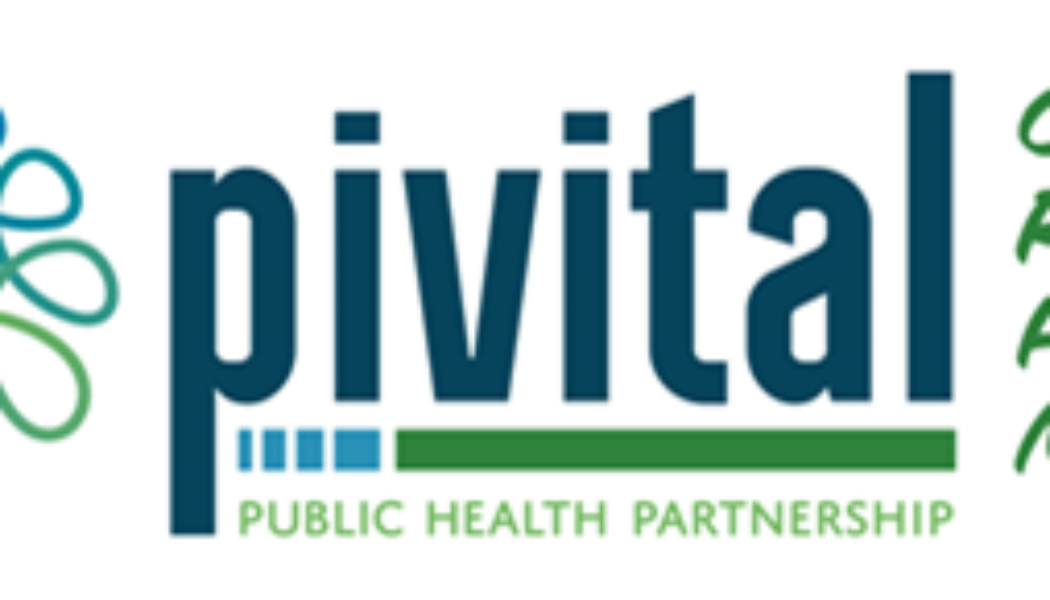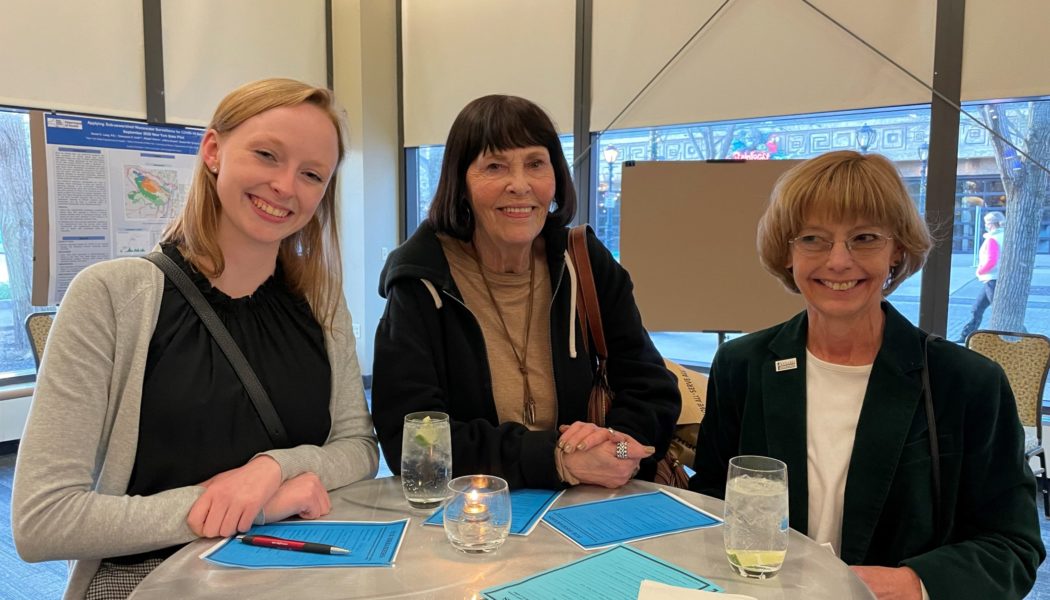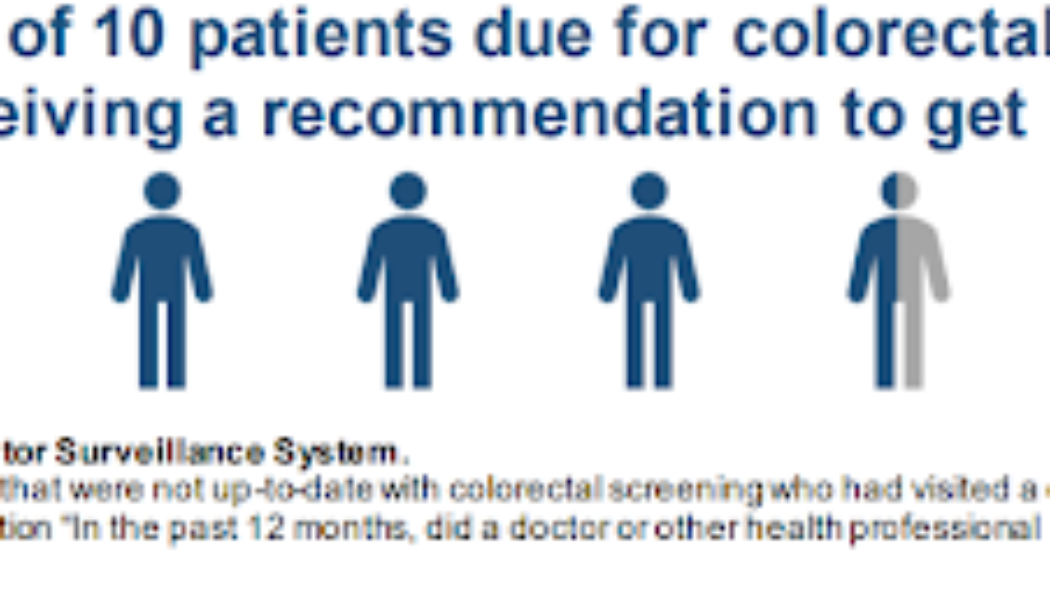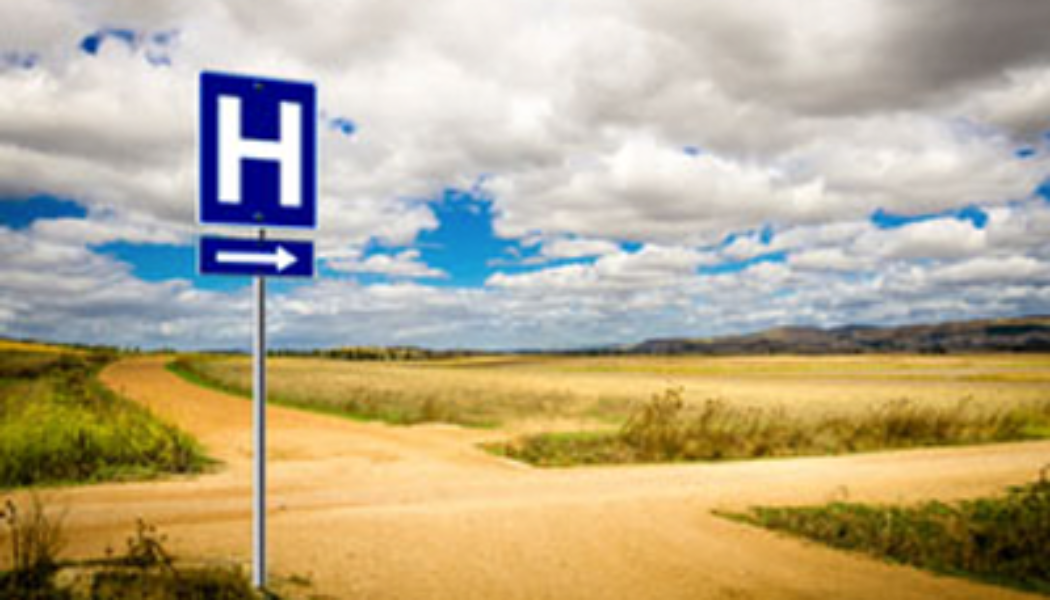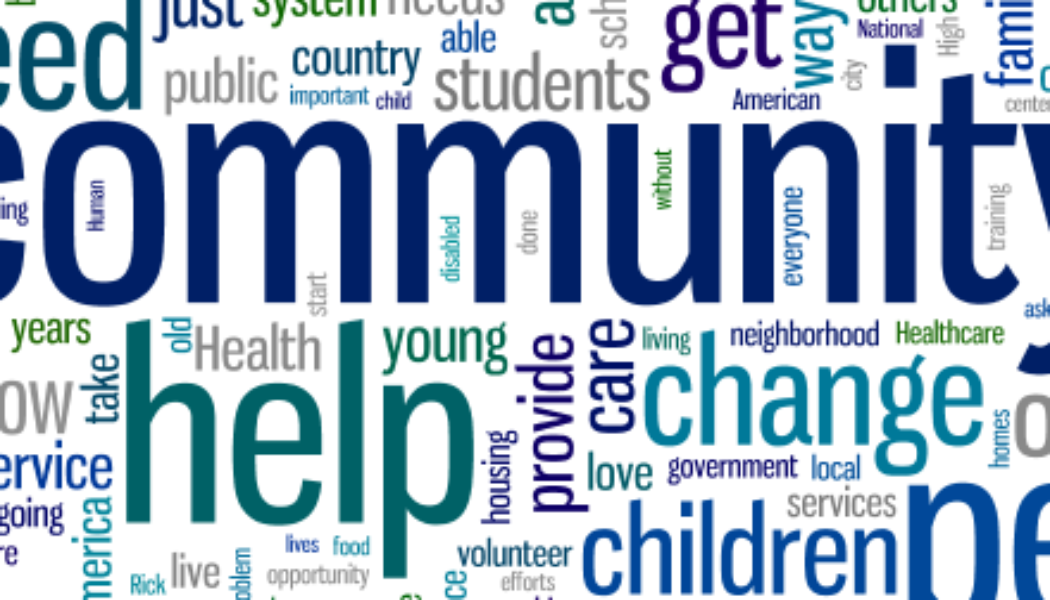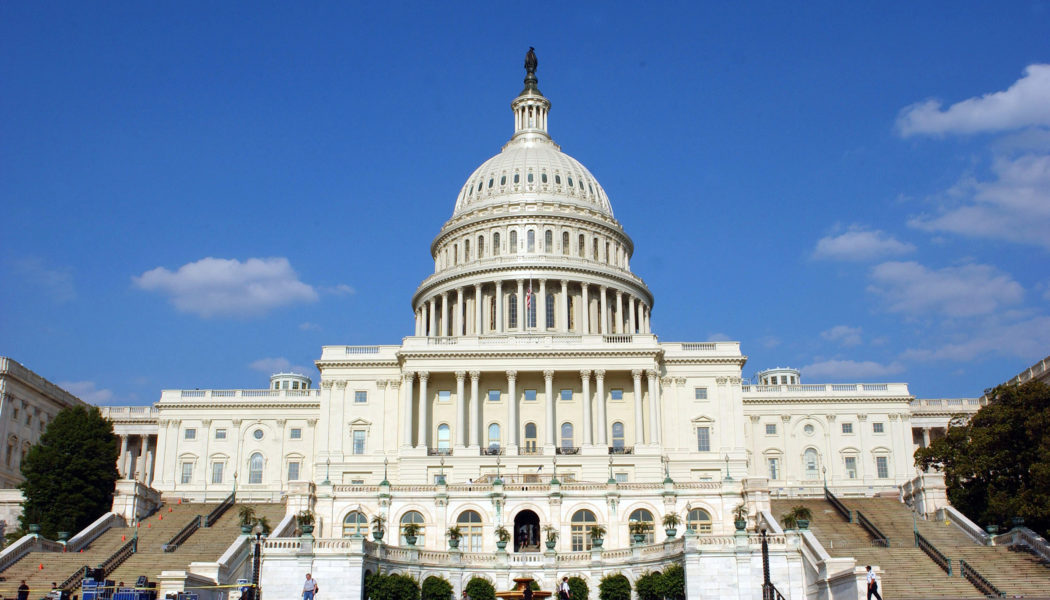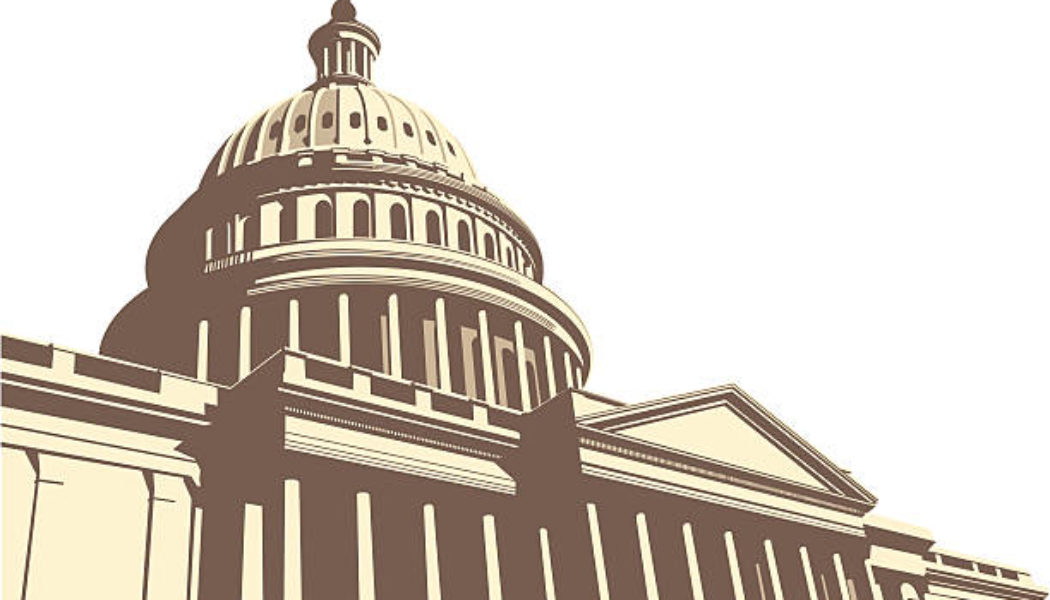Newsletter News
Central New York Area Health Education Center (CNYAHEC) Summer Opioid Webinar Series
Check out these upcoming webinar opportunities for earning CME/CE credits! June 8th, 2022, 6-7 PM (EST): June 20th, 2022, 12-1 PM (EST): July 13th, 2022, 12-1 PM (EST): July 22nd, 2022, 12-1 PM (EST):
NYSARH Mentorship Program
On May 19th, 2022, Anne Marie Snell, Executive Director at the St. Lawrence County Health Initiative led an important discussion during our mentorship meeting on the New York State Cancer Consortium, coalition building programs on cancer screening and internship opportunities in public health. The goal of NYSARH’s mentorship program is to connect students and people early in their careers who are interested in learning more with human and health service professionals. With over thirty past and present program participants from schools, such as Vassar, Upstate, St. Lawrence, Colgate, Albany, Buffalo, and Binghamton NYSARH mentees are matched with NYSARH Mentors to develop and discuss interests in rural health. The NYSARH mentorship program also hosts yearlong activities that support d...
NYSARH Member Spotlight: S2AY Rural Health Network Changes its Name to Pivital Public Health Partnership
New name reflects commitment to improving the health and well-being of Finger Lakes residents. S2AY Rural Health Network, a nonprofit leader in rural public health, has changed its name to Pivital Public Health Partnership. The organization’s Executive Director and Board of Directors joined with Public Health Directors from eight Finger Lakes counties to announce the name to its internal partners and stakeholders on April 20, 2022. Only Pivital Public Health Partnership unites local health departments in the Finger Lakes region to collaboratively develop and promote public health best practices. Their unique partnerships helps to accelerate improvements across the region by leveraging resources, expertise, and energy to achieve better outcomes than any one organization can achieve on thei...
Public Health Partnership Conference Recap
This year NYSARH partnered with the NYS Public Health Association (NYSPHA), the NYS Association of County Health Officials (NYSACHO), and the NYS Conference of Environmental Health Directors (NYSCEHD) to promote the 2022 Public Health Partnership Conference. The conference took place from April 27th-29th with attendees participating virtually and in-person in Niagara Falls, NY. Attendees from NYSARH included Director for Strategic Development, Sara Wall Bollinger, Communications and Development Specialist (Americorps VISTA service member), Ella James, and Board members Karin Pantel and Mandy Qualls. Attendees enjoyed around 20 different breakout sessions, two poster presentation sessions– one for professional posters and one for student posters–and two compelling keynote addresses. The fi...
March is Colorectal Cancer Awareness Month
The NYS Cancer Consortium’s Colorectal Cancer Action Team acknowledges March as Colorectal Cancer Awareness Month. Each year in New York State, approximately 9,000 people develop colorectal cancer, and 3,000 New Yorkers die from it. One out of every 24 adults will develop colorectal cancer sometime in their life. Colorectal cancer occurs most often as people age (60% of new cases occur among those age 65 and older), however nearly 94% of all colorectal cancers are diagnosed after age 45. Average Risk Colorectal Cancer Screening Starts at Age 45: Regular screening for colorectal cancer can save lives. For adults at average risk for colorectal cancer, the United States Preventive Services Task Force and the American Cancer Society now recommend that screening for colorectal cancer begin a...
NYSARH Administered Legislative Appropriation
NYSARH was selected to administer $1.1 million for Rural Health Care Access Development and Rural Health Network Development programs included in the 2019-20 NYS budget. We are pleased to announce that this project has been successfully completed having overcome several challenges. A survey of 2019 financials demonstrated that for every $1 of NYS RHN funding, the RHNs were able to secure $2.93 of funding from other sources. Rural Access Hospital Development Program The purposes of the funding are to allow small rural hospitals to: Strengthen infrastructure or capacity, Improve and/or sustain rural critical access hospital activities, Plan or implement diversification of underutilized acute care beds, Plan or implement projects that diversify hospital services, Plan or implement activities...
Supporting Health Care and Community-Based Organization Partnerships to Address Social Determinants of Health
Increasingly, health systems, providers, and payers recognize the significant influence that social factors such as housing, food insecurity, employment status, and transportation have on well-being and health care spending. These social determinants of health (SDOH), in addition to health behaviors, influence 80 percent of health outcomes in the United States, and disproportionately affect low-income populations (Hood et. al. 2016). As reimbursement models transition away from fee-for-service to value-based payment, there has been a greater focus on innovative models of care that integrate medical and nonmedical services to improve health outcomes. Such demonstration projects include: Accountable Health Communities (an effort by the Center for Medicare and Medicaid Innovation to test whet...
Community Based Organization Planning Grant Underway for Upstate New York
The New York State Department of Health Community Based Organization (CBO) Planning Grant for Rest of State is finally underway and upstate CBOs are organizing to be a stronger voice in the next stages of the New York State DSRIP Program. Through the grant, the newly formed Upstate Community Based Organization (CBO) Consortium is assessing the needs of CBO members and working as a collective to prepare nonprofit organizations that address critical health and human services to be valued partners in an integrated healthcare delivery system. Healthy Community Alliance, Inc., a rural health network and the project’s lead agency, has been conducting thought leader forums with members and stakeholders across the state to help shape the Consortium’s short term goals and longer term strategies tha...
Measurement Project to Strengthen Rural CBOs’ Case for Participation In Value-Based Payment.
Healthcare’s traditional payment structures are rapidly shifting from fee-for-service models, in which providers are paid for delivering separate episodes of care, to value-based payment (VBP) models, in which providers are incentivized to move the needle on key health outcomes for their patients. With this new expectation comes increased attention to addressing patients’ non-medical needs such as food, transportation, financial stability, and housing. These health-related social needs, also referred to as Social Determinants of Health, broadly impact the wellbeing of individuals and communities. In this emerging payment environment, community- based organizations (CBOs) addressing social determinants have new opportunities to access healthcare dollars – if they can demonstrate the financi...
NYSARH in Action: NRHA’s Rural Health Policy Institute in Washington
The NYSARH delegation joined over 450 fellow rural health stakeholders from across the United States in Washington, D.C. for NRHA’s 30th Rural Health Policy Institute. The NYSARH team met with Representatives Brindisi, Collins, Delgado, and Katko in person and with staff representing Representatives Higgins, Maloney, Morelle, Reed, Stefanik, and Tonko, and with staff representing Senators Schumer and Gillibrand. We shared packets with staff from Representatives Lowey, Ocasio-Cortez, and Rose. If you use Twitter, please follow @NRHA_Advocacy and NRHA on Twitter and include #RuralHealth in all your tweets to keep the issues NRHA fights for at the forefront of the national conversation with colleagues and representatives.
NYSARH in Action: Rural Health Advocacy in Albany
The NYSARH Policy Committee organized Advocacy Day earlier in the season than we have in previous years. Volunteers met with 19 Committee Chairs and leadership staff including Speaker Heastie, Minority Leader Kolb, Chair of Senate Health Gustavo Rivera, and Chair of Assembly Health Dick Gottfried. We appreciate the warm welcome we received from Senators Rachel May, Chair, and Pamela Helming, Ranking Member, Legislative Commission on Rural Resources. Thanks to our panel of speakers who presented the morning briefing: Jill Kasow, Legislative Commission of Rural Resources Karen Roach & Jim Clancy, Healthcare Association of NYS Lacey Clarke, Community Health Care Association of NYS Glenn Liebman, Mental Health Association of NYS Harvey Rosenthal, NY Association Psychiatric Rehabilitation ...
NRHA’s Rural Health Policy Institute
Join NRHA and rural health advocates from across the nation for the largest, and arguably the most important, rural advocacy event in the country, NRHA’s Rural Health Policy Institute, February 5th-7th in D.C. You’ll have the chance to: Hear from top members of the Trump Administration and leading members of Congress on their plans to make health care work in rural America; Speak directly with your Congressional delegation on Capitol Hill to tell them of the challenges in your rural community. Register for the conference here.
- 1
- 2

